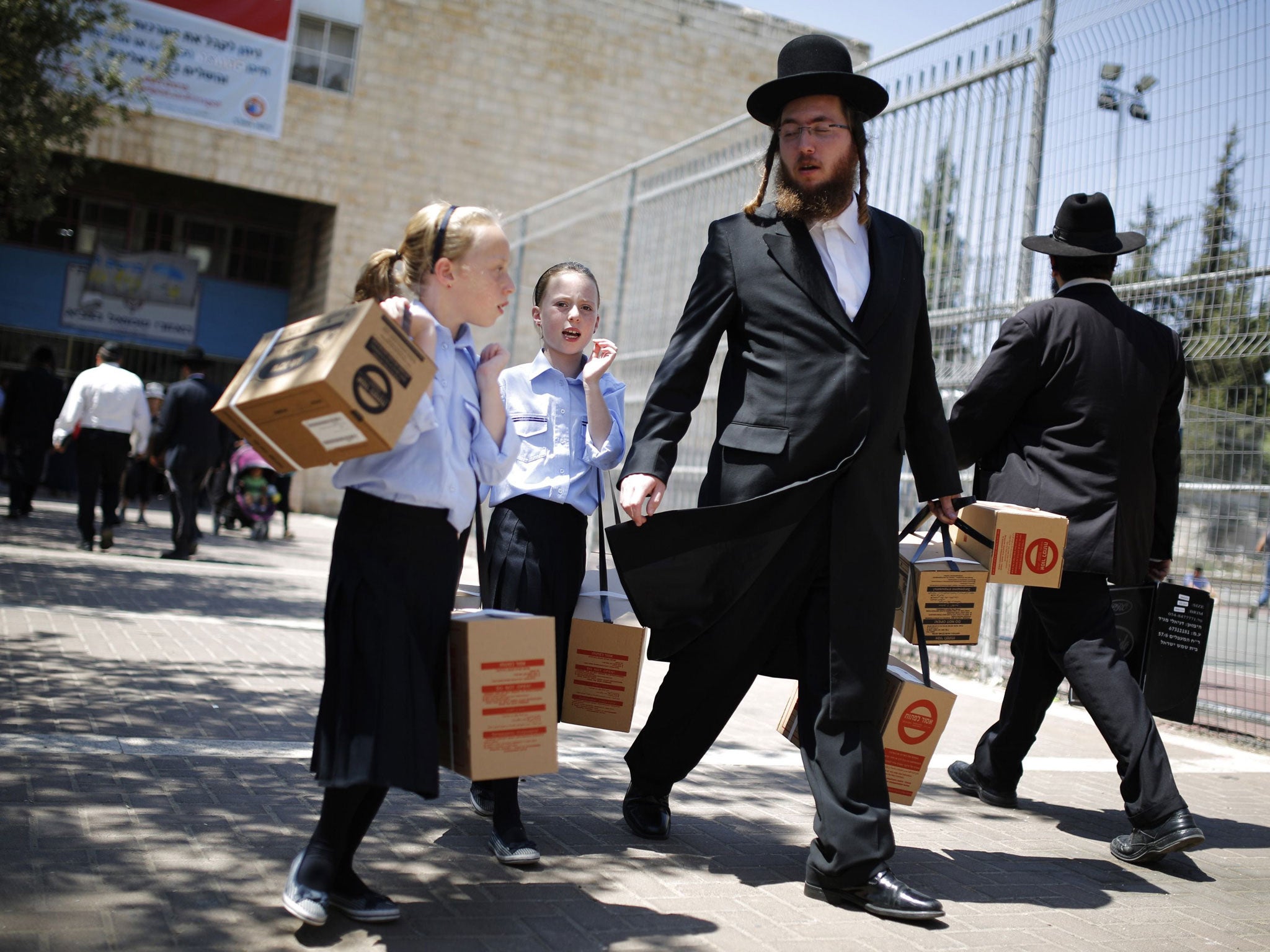Syria crisis: Israeli army and civilians brace for rocket attacks

Your support helps us to tell the story
From reproductive rights to climate change to Big Tech, The Independent is on the ground when the story is developing. Whether it's investigating the financials of Elon Musk's pro-Trump PAC or producing our latest documentary, 'The A Word', which shines a light on the American women fighting for reproductive rights, we know how important it is to parse out the facts from the messaging.
At such a critical moment in US history, we need reporters on the ground. Your donation allows us to keep sending journalists to speak to both sides of the story.
The Independent is trusted by Americans across the entire political spectrum. And unlike many other quality news outlets, we choose not to lock Americans out of our reporting and analysis with paywalls. We believe quality journalism should be available to everyone, paid for by those who can afford it.
Your support makes all the difference.Israel ordered the call-up of hundreds of army reservists today in preparation for possible Syrian retaliation should the US launch strikes against the Assad regime.
One Israeli government official, who asked to remain anonymous, said after a meeting of Prime Minister Benjamin Netanyahu’s security cabinet that intelligence assessments suggest there is only a “low chance” Syrian President Bashar al-Assad will target Israel.
Independent Israeli specialists on Syria concurred, arguing that the Syrian leader is aware that opening a front with the vastly superior Israeli military could have devastating consequences for the survival of his regime.
“I think it’s unlikely he’ll decide to strike heavily against Israel, but I can’t rule it out,” said Moshe Maoz, emeritus professor of Middle East Studies at the Hebrew University in Jerusalem.
As Israelis queued up for gas masks at distribution centres across the country, Mr Netanyahu sought to ease their worries. “There is no reason for a change to normal routines. We are in parallel prepared for any scenario. The Israel Defence Forces are ready to defend against any threat and to respond strongly against any attempt to harm Israeli civilians,” he said.
It was also decided to deploy a second Iron Dome anti-missile defence system in the north of the country, used against short-range rockets.
In northern Israel, schoolchildren were drilled on how to evacuate to a bomb shelter in the event of missile attack. “We can’t avoid seeing the news and understanding the direction this may take,” said Sivan Yechieli, mayor of Kfar Vradim and chairman of “the northern front line”, a group including 27 municipalities on the northern border.
Even dovish Israelis backed US military action on the grounds that Syria needs to be deterred from future chemical weapons attacks. “This is something that should be stopped. Otherwise it opens the gate for using chemical weapons elsewhere,” said Menachem Klein, a political scientist at Bar Ilan University near Tel Aviv.
Join our commenting forum
Join thought-provoking conversations, follow other Independent readers and see their replies
Comments